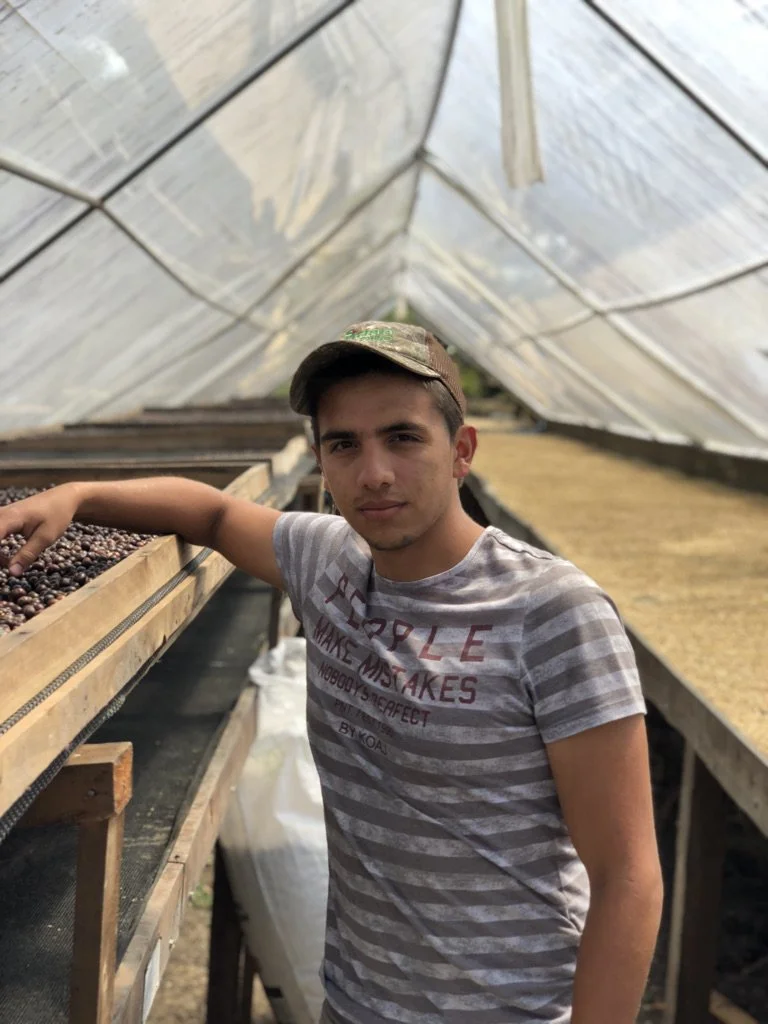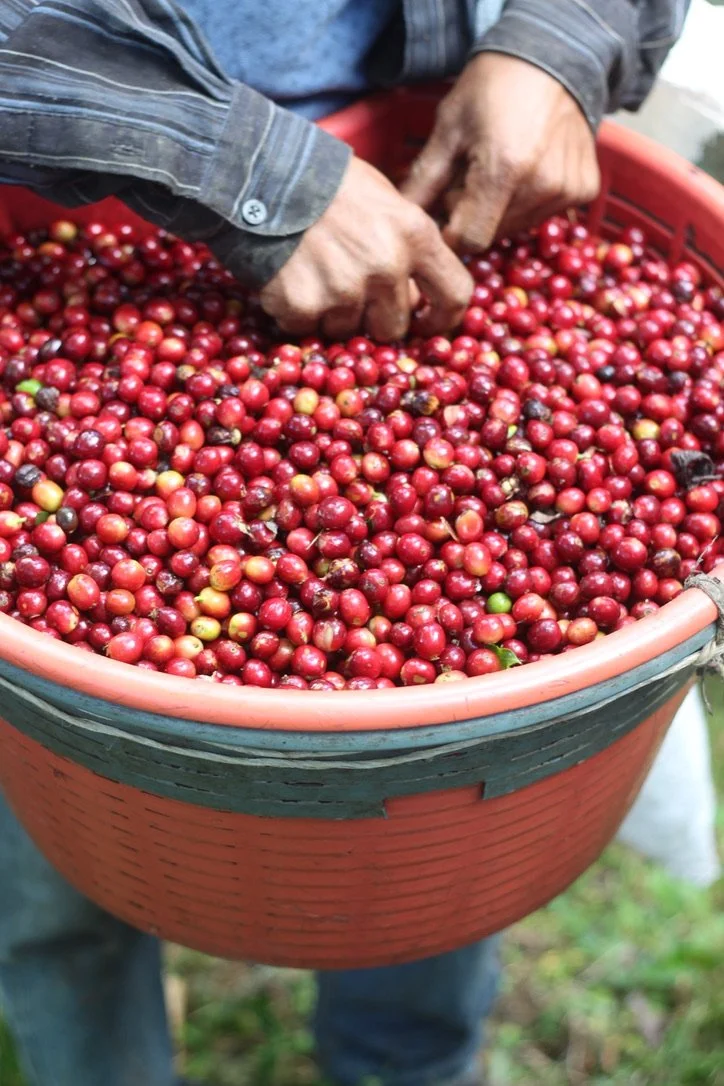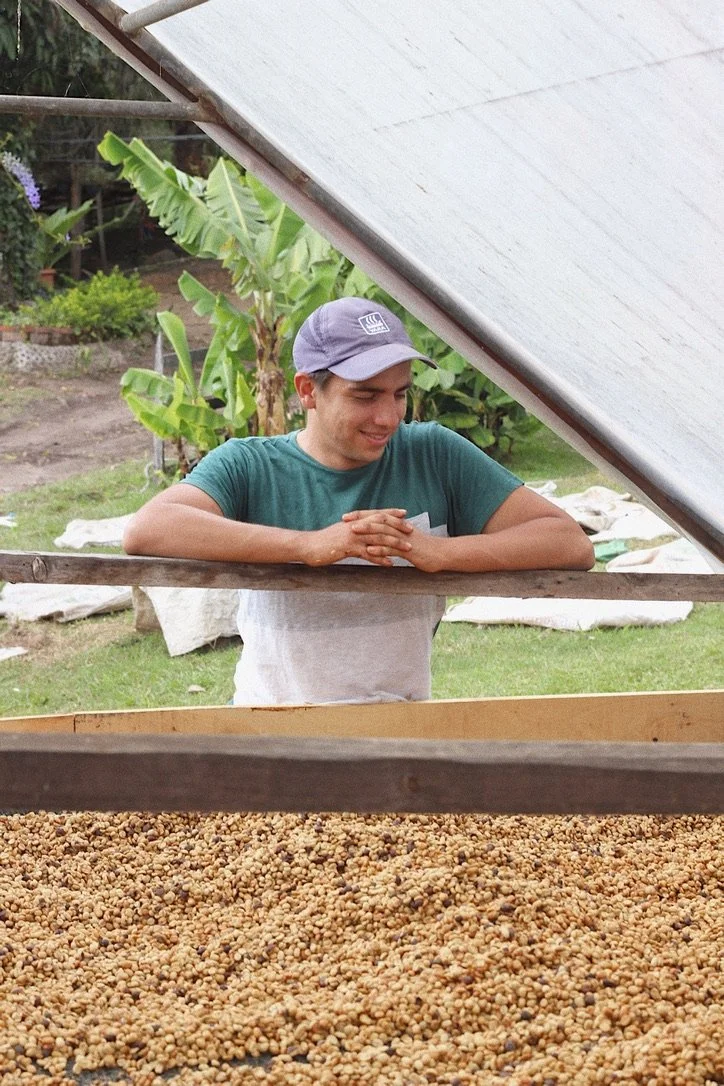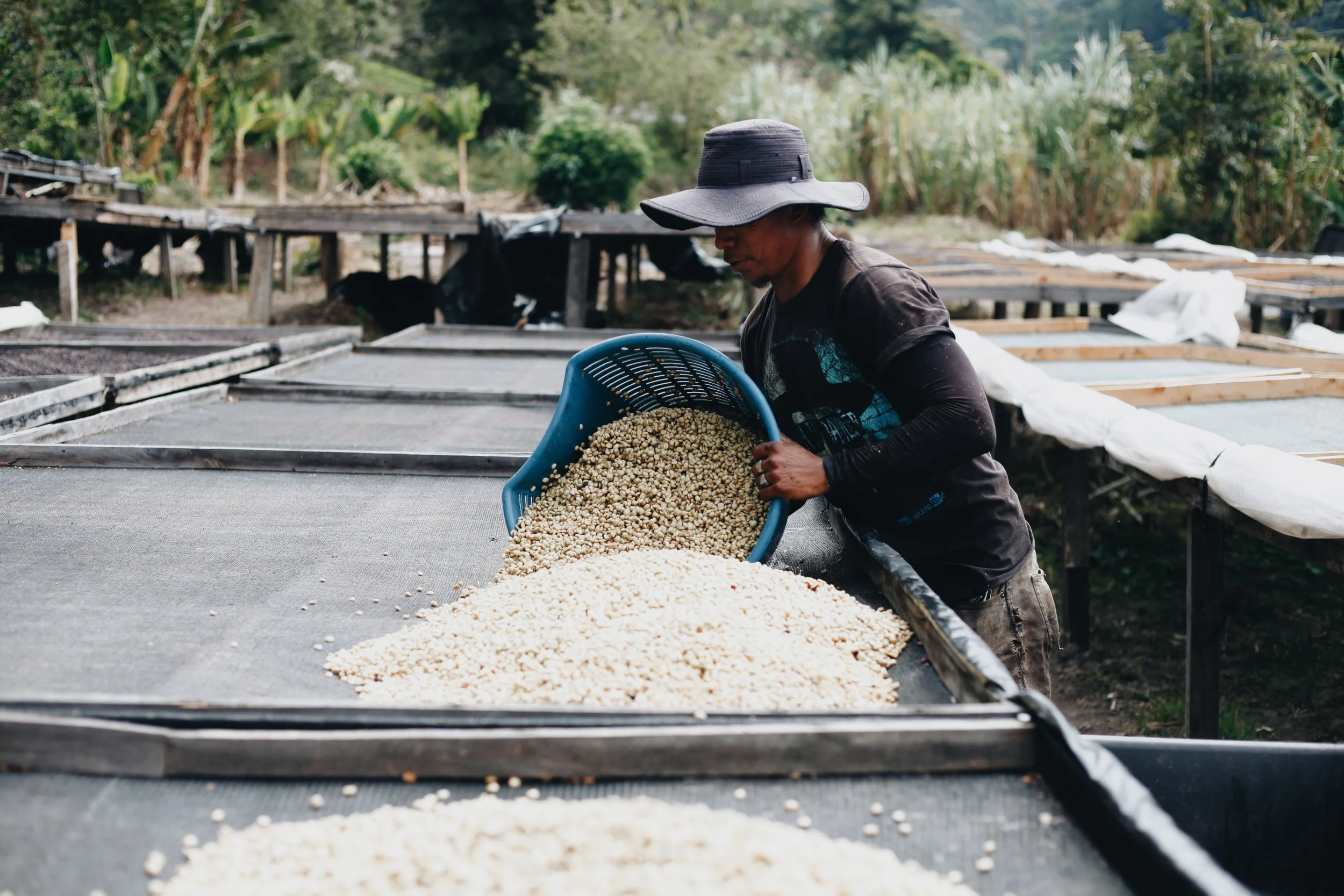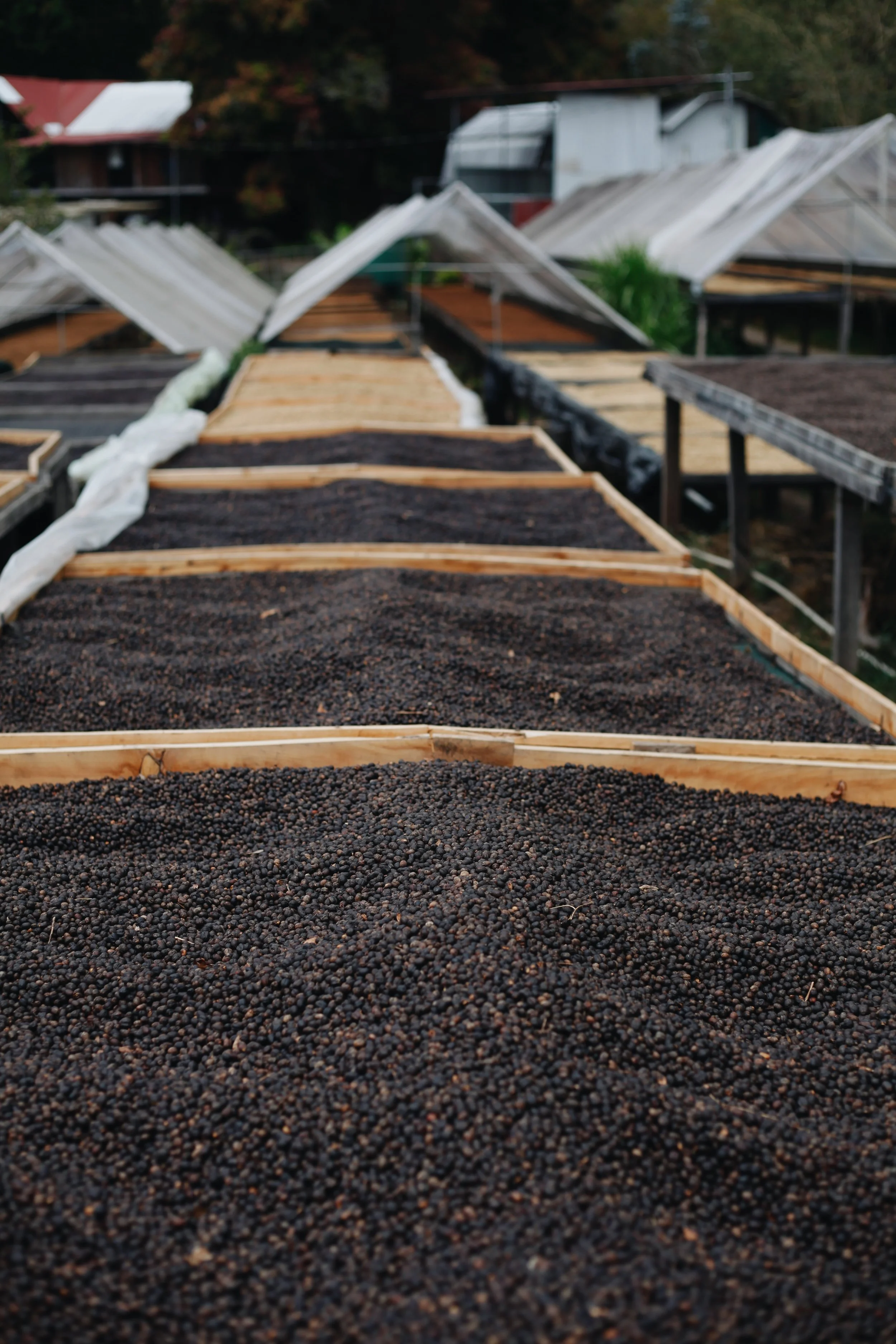Introducing ... Oh! Coffee!
Since we opened four years ago we have given all of our energy to serving two things and serving them the best we can: coffee and donuts. From the beginning we have committed ourselves to being a coffee bar that both reimagines what the noble donut might be and showcases some of the best, and oftentimes unheard of, coffees from the UK, Ireland, and mainland Europe.
We never imagined then, the adventure that journey would take us on. As we looked towards the future, we began to ask ourselves how we could use those same values to reimagine and push the boundaries in order to improve the coffee experience we offer and so, with that in mind, let Oh! Donuts introduce… Oh! Coffee!
Oh! Coffee will be a line up of seasonally rotating coffees; selected, evaluated, and brewed by our baristas and roasted by some of the best local roasteries. This close and open-channel communication between customer and barista and barista and roaster will allow us to both understand, and iteratively improve, what you desire in your brew and to craft the perfect roast accordingly.
More than that, Oh! will be the only place in Ireland where you can get your hands on these coffee lots! We think that’s pretty cool.
The first Oh! Coffees will be roasted by our friends at White Star. These are a beautifully sweet and delicate Costa Rican White Honey, which will be our new house espresso, and an aerobic natural processed Costa Rican for filter and home brewing. Same farm, same family, different processing methods.
COSTA RICA
Costa Rica is a shining example of coffee production in Central America. Producers there benefit from the country's long standing tradition of federal support for coffee farmers. When Costa Rica gained independence from Spain at the beginning of the 19th century, the government gave away free coffee seeds to encourage production. Costa Rica also encouraged land ownership among coffee farmers allowing them to claim land if they farmed it for five consecutive years.
Most interestingly however, they might just hold the award for “Best Named Government Department” establishing the Institute for the Defence of Coffee in 1933!
Carlos Montero, the producer of both our coffees this season, has his farm in the mountains of Tarrazù, a region renowned world over for the high quality coffees it produces. Carlos’ father, Eli, taught him how to care for plantations in the area since he was a boy. Initially Carlos and his brothers planted apple orchards but later converted their apple farm into a coffee plantation. His farm La Pastora sits at the peak of its namesake, an area once thought to be impossible for growing coffee. It was this unique microclimate that allowed his catuai coffee trees to flourish.
In the early 2000s, Costa Rica experienced what is known as the “micro mill revolution.” While Costa Rica was producing good quality coffees, they were very difficult to trace. Local producers would bring their harvest to large mills who would in turn process the cherries. These lots would then be mixed together and exported under the name of the mill. With the emergence of the specialty coffee market, farmers began to invest in post-harvest equipment to process their coffee at origin. This led to an increase in the traceability of coffees being exported and in the control farmers had over the coffees they produced. Carlos took advantage of this revolution and his son Jacob now processes all of the coffee grown at La Pastora.
PROCESSING
We have already mentioned the similarities of both our Oh! Coffees but it is here in their processing where they come alive.
WHITE HONEY
The “Honey Process” is a very common processing method in Central America. Coffee cherries are passed through a pulping machine that removes the seeds from the flesh. This can be controlled to leave a specific amount of mucilage on the seed. Visually the less mucilage that remains the lighter the colour when they dry; the more mucilage that remains the darker the colour. White honey is the result of the least amount of mucilage kept, progressing to yellow, red, and then black honey.
At La Pastora, cherries are depulped and stripped of nearly all of their mucilage leaving around 10%. The clean seeds are then put out to dry on raised beds covered by a plastic canopy. The coffee is moved about every hour during the day for 12-15 days, until the coffee is dried to its optimal moisture content.
AEROBIC NATURAL
The aerobic process is almost identical to the natural processing method but with an even greater emphasis on temperature control. Here Jacob separates the cherries in a recycled water tank. Then they put the coffee to dry on patios like drying a normal natural at a low temperature which takes around 22 days.
Interestingly, La Pastora makes it a point to let their naturals rest in closed, secure sacks after the drying period with the pulp they previously removed for about a month. They believe this allows the coffee to absorb distinct flavours adding complexity to the coffee.
Both of these coffees are now available on bar and retail in all three of our stores: Oh! Belfast, Oh! Go, and Oh! Whiteabbey.
We are extremely excited about this project and we hope you will be too!

